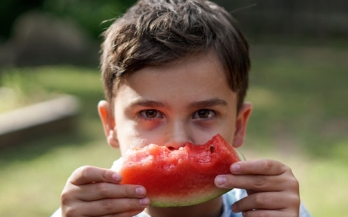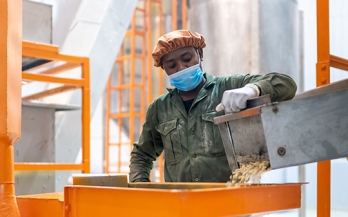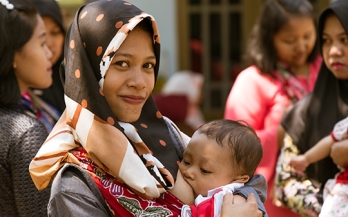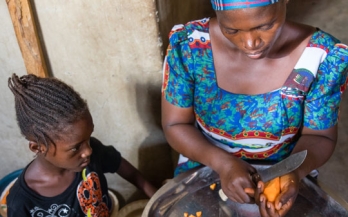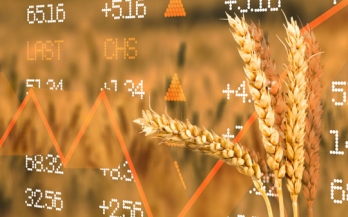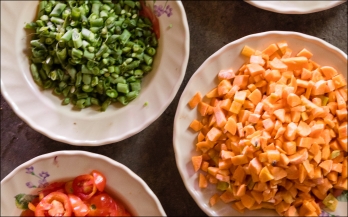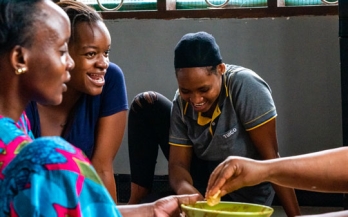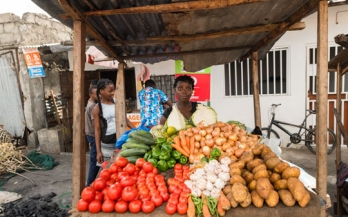1 in 2 people reading this article are likely experiencing hidden hunger, in other words a lack of essential vitamins and minerals. That matters because these "micronutrients" are the micro drivers of functions such as our immune systems which keep us safe and healthy.
Food choice is complex. It involves psychological factors (like mood and preferences), sociocultural ones (like traditions and taboos), sensory appeal (like taste), health perceptions, ethical concerns (like animal welfare), social interactions (like peer influences), and socio-demographic aspects (like education).
GAIN is launching a short animated video, packed with key facts and information about large scale food fortification. It is a great tool for advocacy and education in countries where increasing access to fortified foods is on the agenda.
In the context of a new GAIN series on "Climate and Nutrition: Why They Need Each Other", we bring together a new episode of GAIN’s interview cruncher to hear from two of the world’s leading scientists on the impact of climate change on nutrition and food security.
World Breastfeeding Week 2022 will focus on strengthening the capacity of actors that have to protect, promote and support breastfeeding across different levels of society.
Is it possible to leverage entrepreneurs and businesses to help tackle the poor diets of hundreds of millions of low-income people, and if so, how? And what evidence do we have to show it works? A new five-year GAIN programme, part of a larger initiative aiming to improve the diets of low-income African consumers, aims to help answers to these questions.
In the follow up to the UN Food Systems Summit, national policymakers are building their food system transformation pathways to articulate their priorities and goals and how they will be achieved. This is genuinely exciting, and in our opinion is the most important legacy of the Summit process. But while minds have to be changed, so do means. Priorities have to be reflected in budget spreadsheets as well as in speeches if food system transformation is to happen.
This year's World Food Safety Day, we celebrate the World Health Assembly’s recent agreement to adopt the WHO Global Strategy for Food Safety.
G7 Development Minister’s communique and the Chair’s Summary – Session 5: "Response to Multiple Crises on the African Continent – focusing on Food Security". The Zero Hunger Coalition and Private Sector Pledge have received strong support from the Communiqué 'Achieving the Sustainable Development Goals in times of multiple crises' issued on 19 May 2022 by the G7 Development Ministers.
Today GAIN presents its statement on food safety to the 75th World Health Assembly taking place in Geneva. GAIN aims to make nutritious safe foods more desirable, available, and affordable for all. The new WHO global strategy for food safety launched today is an important milestone in linking the objectives of food safety, nutrition, and smart development, for if food isn’t safe, it isn’t food.


